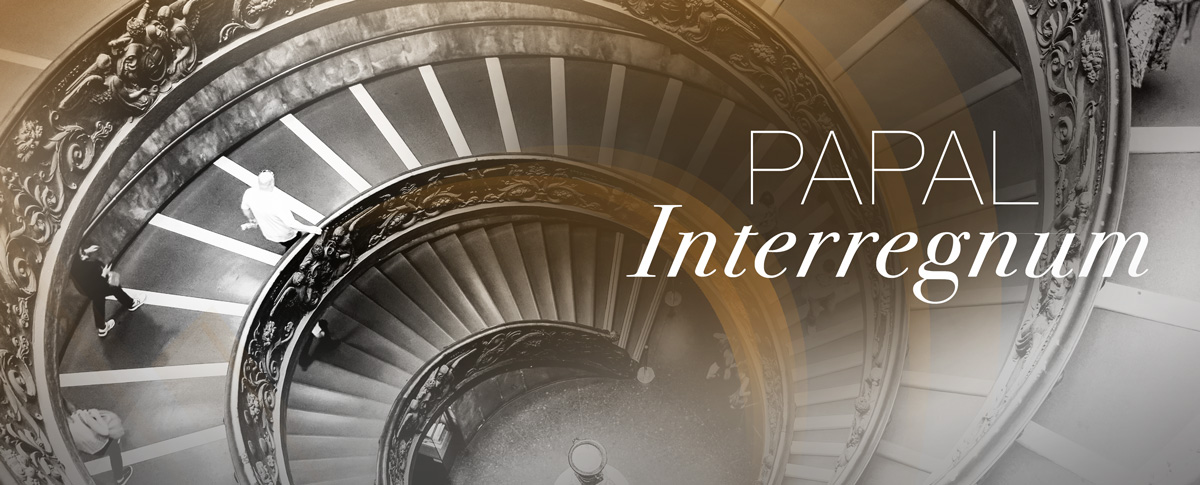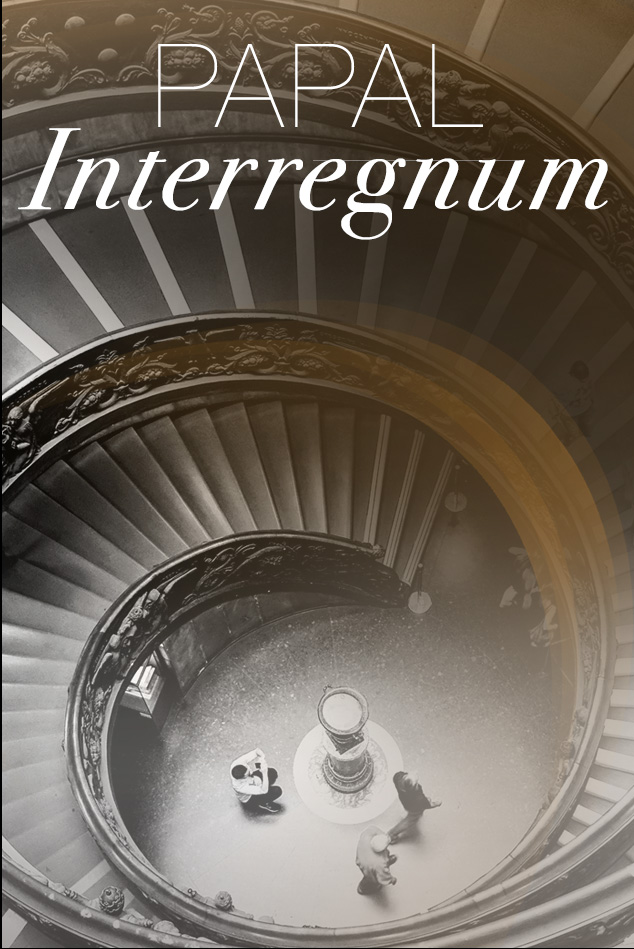On 22 February 2013, days before his 28 February resignation took effect, Pope Benedict XVI signed an Apostolic Letter Motu Proprio (on his own initiative) modifying some aspects of papal electoral law. “Normas nonnullas” addressed some issues created by the unusual nature of the Vacancy of the Holy See about to begin, especially the fact that it is not occurring as a result of the Pope’s death.
In Pope St. John Paul II’s norms, Universi Dominici Gregis, it was established that among the tasks given to the General Congregations of Cardinals (composed of both electors and non-electors) during a Vacancy was the authority to decide whether to begin the Conclave on the 15th day after the Vacancy, or for sufficient reason to postpone it to as late as the 20th day. The delay between the Vacancy and the Conclave allowed both for days of mourning, and the travel of the Cardinals to Rome.
The resignation of the Pope, however, not only provides pre-notice of a Vacancy but also one which does not require a funeral or mourning period. Pope Benedict’s changes, therefore, grant to the Cardinals the faculty (or grant of authority) to decide whether to begin earlier than the 15th day, provided “all the Cardinal electors are present” (NN 37). They may not decide to begin later than the 20th―the standard when a Pope dies in office.
Universi Dominici Gregis 12 provides that the Cardinals present in the Conclave take an oath to preserve the secrecy of the Conclave with the penalty of automatic excommunication (latae sententiae) for breaking it. It also establishes that those who provide personal and other care for the Cardinals, during the Conclave, likewise take an oath not to reveal anything they may hear, subject to any penalties the future Pontiff may prescribe. Pope Benedict’s new norms establish an excommunication latae sententiae as the penalty for revealing secrets learned during the course of assisting the Cardinals.

